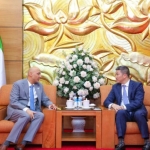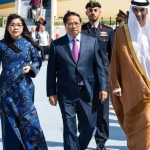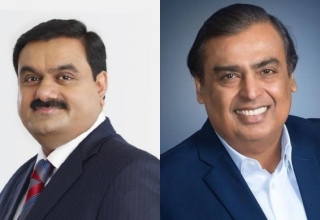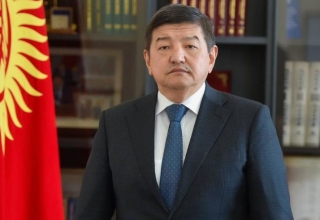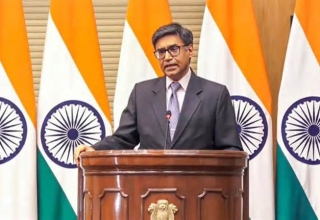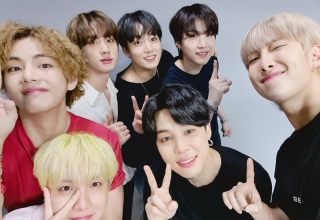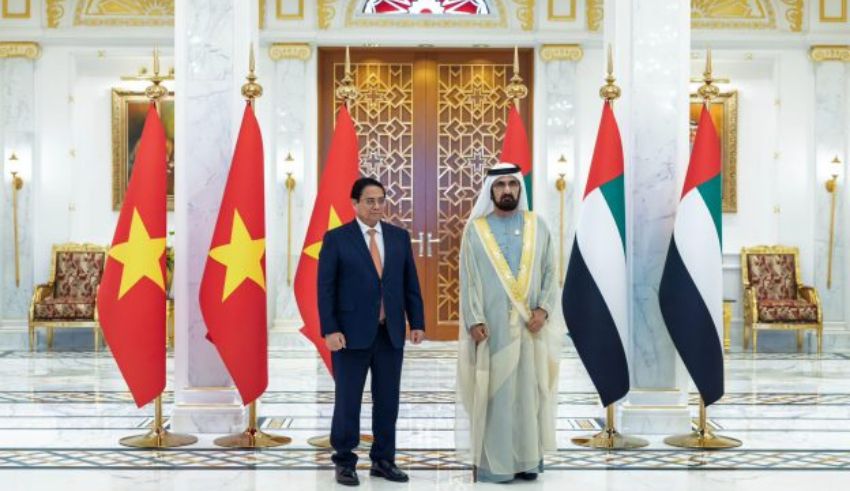
Vietnam and the United Arab Emirates (UAE) expressed a new dimension of economic diplomacy by involving both countries in a comprehensive economic partnership agreement (CEPA), which marks an economic diplomacy transformation of the region’s trade and economic sophistication. This goes beyond the simple concept of a bilateral trade deal; it forms a socio-economic market entry platform that integrates the Gulf and Southeast Asian markets, capturing the increasing phenomenon of trade and diversification.
The CEPA is an effort at the strengthening of the economic relationship to foster mutual growth. To Vietnam, the given agreement provides a vital opportunity to expand the range of trading partners, with a special focus on capitalizing on the central position of the UAE as the re-exporting center for the GCC countries, which has a population of 54 million consumers. Vietnamese exports, especially agricultural products and seafood, will be the major winners because tariffs are likely to come down from the existing 5-15% range, which makes Vietnam’s export market much more competitive.
At the moment, Vietnam only supplies 4% of the UAE’s imported agricultural produce; however, the new agreement puts Vietnam on track to supply the UAE with the top five sources of its agricultural produce imports. Such a market expansion is accompanied by the UAE’s keen interest in investing in Vietnam’s focus areas such as infrastructure, IT, and renewable energy sectors as per the UAE Vision 2030 strategic investment plan.
Keep Reading
The two countries understand that the economic potential is huge but the issues of how to realize such a broad spectrum of partnership is not easy to achieve. The challenges that Vietnamese exporters have to face are high freight costs, a high degree of bureaucracy, and a lack of brand image awareness in the UAE. The next significant issue also relates to compliance with halal standards to enter this new market, in which Vietnamese companies will hardly be familiar with the demands of the Muslim-majority market.
Therefore, it will be the harmonized actions of governments that will determine how effective this CEPA will be; this will be in clarifying customs formalities, offering capacity building for regulatory capacity, and promoting business interactions. Through a joint effort to address these implementation challenges, Vietnam and the UAE should be able to transform their present bilateral trade of $6 billion into a healthy and diverse economic partnership for both countries and their respective economic communities.
